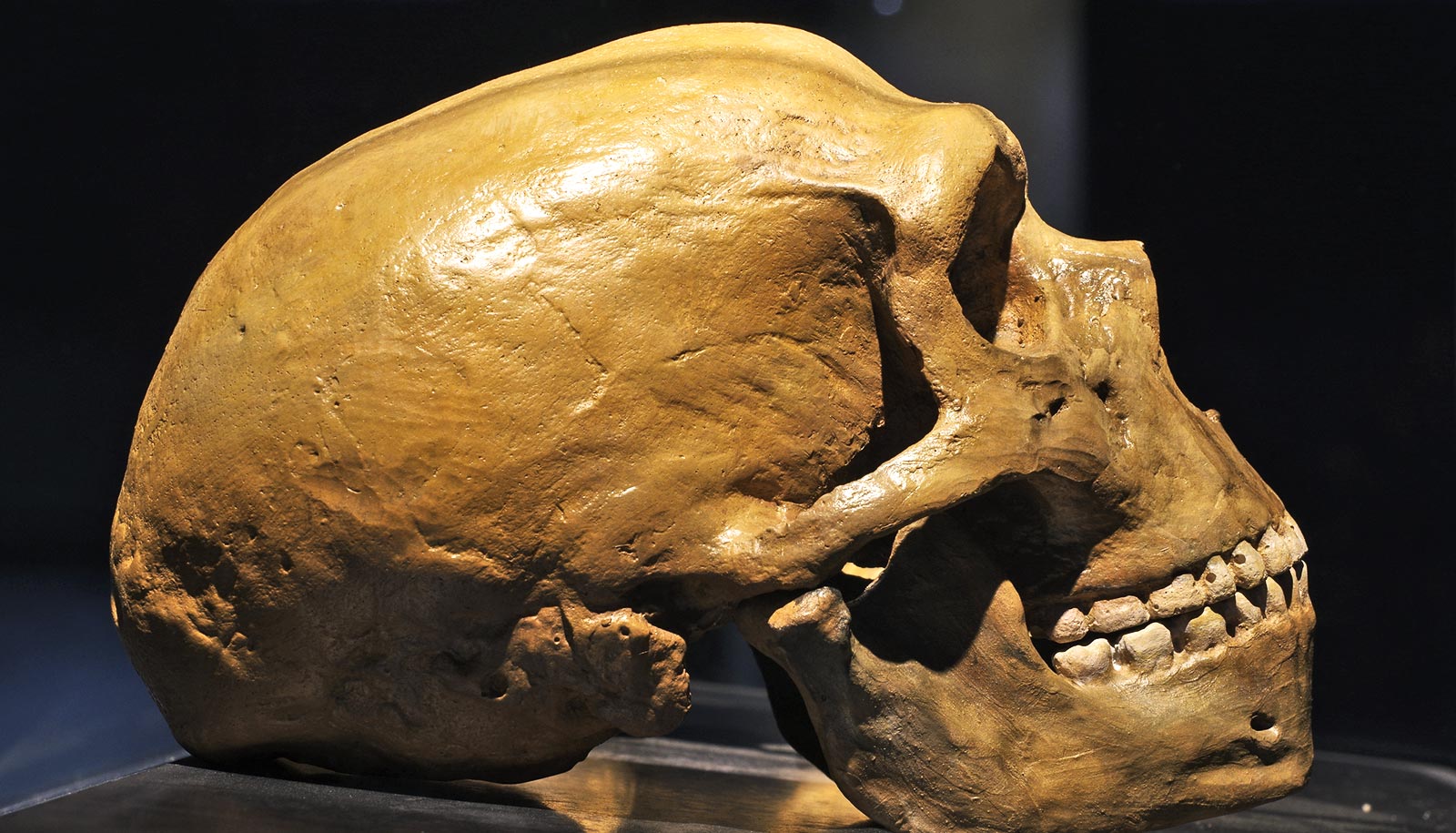Older Neanderthal Survived with Assistance from Companions
A fascinating discovery in the annals of paleoanthropology sheds light on the remarkable resilience and social dynamics of Neanderthals. Recent research has uncovered evidence of an older Neanderthal, dating back approximately 50,000 years, who faced numerous physical challenges, including deafness and multiple injuries. Yet, this individual managed not only to survive but thrive well into their 40s, likely with the assistance and support of their community.
The Challenges Faced by the Older Neanderthal:
The Neanderthal in question, living during a time when life in the ancient world was tough and survival was often a day-to-day struggle, faced a series of daunting challenges:
Examination of the Neanderthal’s fossilized remains revealed signs of extensive hearing loss, likely due to advanced age or physical injuries. This deafness would have severely impaired their ability to detect predators or hear approaching prey.
The individual also bore evidence of various injuries sustained over a lifetime, including fractures and skeletal degeneration, which would have hindered mobility and daily activities.
Arthritis and other degenerative conditions likely affected their dexterity and ability to perform tasks such as hunting, gathering, or crafting tools.
Surviving such adversities would have been nearly impossible without the assistance and cooperation of fellow Neanderthals within the community. Several key factors indicate that this individual received substantial support:
Neanderthals were known to engage in food sharing and cooperation. It is plausible that the older individual received a share of communal resources and was not left to fend for themselves.
The presence of the group would have offered protection against predators, acting as a deterrent and ensuring the individual’s safety.
Neanderthals were social creatures, and strong social bonds were crucial for their survival. The older Neanderthal’s ability to forge and maintain relationships within the group would have been vital in securing their place in the community.
Older members of the group likely possessed valuable knowledge and skills accumulated over a lifetime. This knowledge could have been passed down to younger generations, further strengthening the bonds within the community.
The story of the older Neanderthal’s survival against considerable odds is a testament to the resilience and social cohesion of Neanderthal communities. It underscores the importance of mutual support, cooperation, and compassion among early human relatives. In an era marked by harsh environmental conditions and formidable challenges, these ancient humans demonstrated a capacity for empathy and solidarity that contributed to their ability to adapt, endure, and thrive in the face of adversity. The discovery serves as a poignant reminder of the enduring strength of community bonds throughout human history.
Hits: 4




